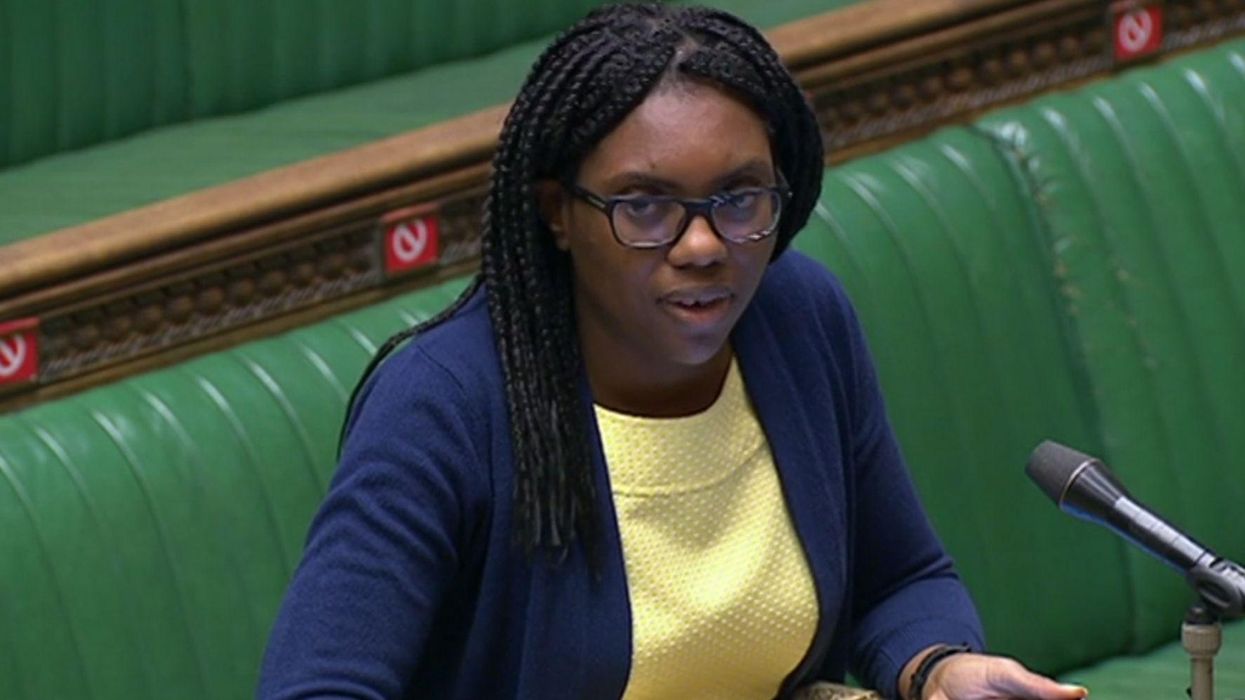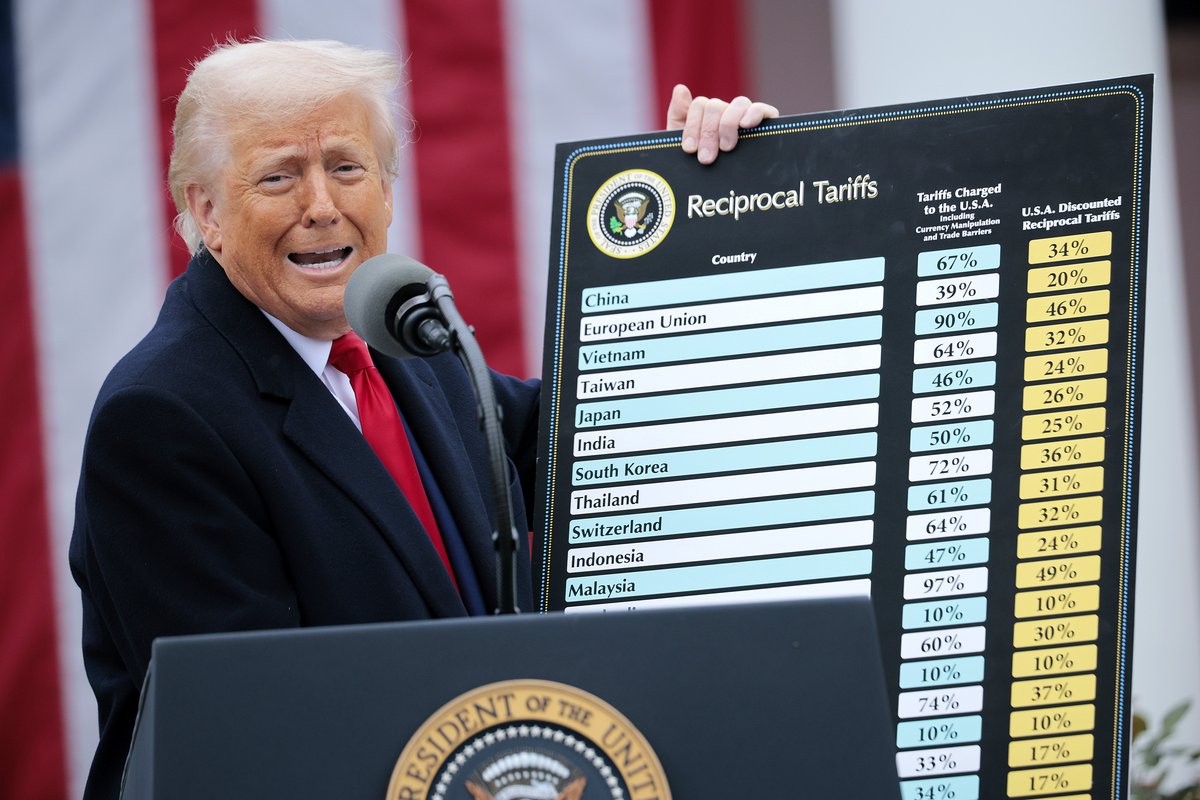News
Indy100 Staff
Jun 05, 2020

BBC
Equalities minister Kemi Badenoch has made some controversial claims in the Commons during a debate over the disproportionate number of BAME people who are dying of coronavirus.
Labour MP Rupa Huq spoke about the Black Lives Matter protests across the world this week, inspired by the death of George Floyd, saying:
The placard that sticks in my mind most is one that said 'Being black should not be a death sentence'.
[Badenoch] talked about having courage and being a black woman herself. She and I are both BAME parents. Can we really look into our sons' eyes and say that we acknowledged it?
Surely we need action. It's not good enough. So when will we see a detailed plan with deliverables, with objectives, with dates, with buy-in from all our diverse communities, so that this doesn't just look like a box-ticking exercise?
Badenoch, who has has served as Conservative MP for Saffron Walden since 2017 and was appointed equalities minister in February, responded:
I agree with her that we cannot be seen to be doing anything that looks like a box-ticking exercise. But we also should not just be accepting statements like 'being black is a death sentence in this country'. It is not true.
It is true that there are disparities, it is true that there are other factors that can make outcomes worse. Let's look at that.
But let's not in this House use statements like 'being black is a death sentence', which young people out there hear, don't understand the context, and then continue to believe that they live in a society that is against them when actually this is one of the best countries in the world to be a black person.
This statement was followed shortly after by a response to Labour MP Zarah Sultana, who highlighted some of the racial inequalities in relation to coronavirus deaths, naming higher rates of poverty, overcrowded housing, precarious work and jobs on the frontline.
She asked Badenoch whether she would commit to a "race equality strategy" to tackle the "underlying inequalities and systematic injustice that coronavirus has so brutally laid bare".
In response, Badenoch said that she was "not going to take any lessons from the honorable lady on race and what I should be doing on that".
She added:
I think that this government has a record to be proud of.
This was widely interpreted as a suggestion that systemic racial injustice was not the reason people from black and ethnic minority backgrounds are more likely to die from coronavirus.
Both statements faced strong criticism on social media.
Some people pointed out that Badenoch's socioeconomic privilege may be at play here.
Not Kemi with her GP father, Professor mother and white city husband saying systemic racism has no part to play wit… https://t.co/iH2wLKzhxl— MXM (@MXM) 1591291697
Others suggested the fact that her role exists is proof that systemic racial injustice exists.
Others were not shocked to see a Conservative minister express such views.
According to a government report released this week, people of Chinese, Indian, Pakistani, other Asian, Caribbean and other black ethnicity had between a 10 per cent and 50 per cent higher risk of death when compared to white British people.
Top 100
The Conversation (0)













